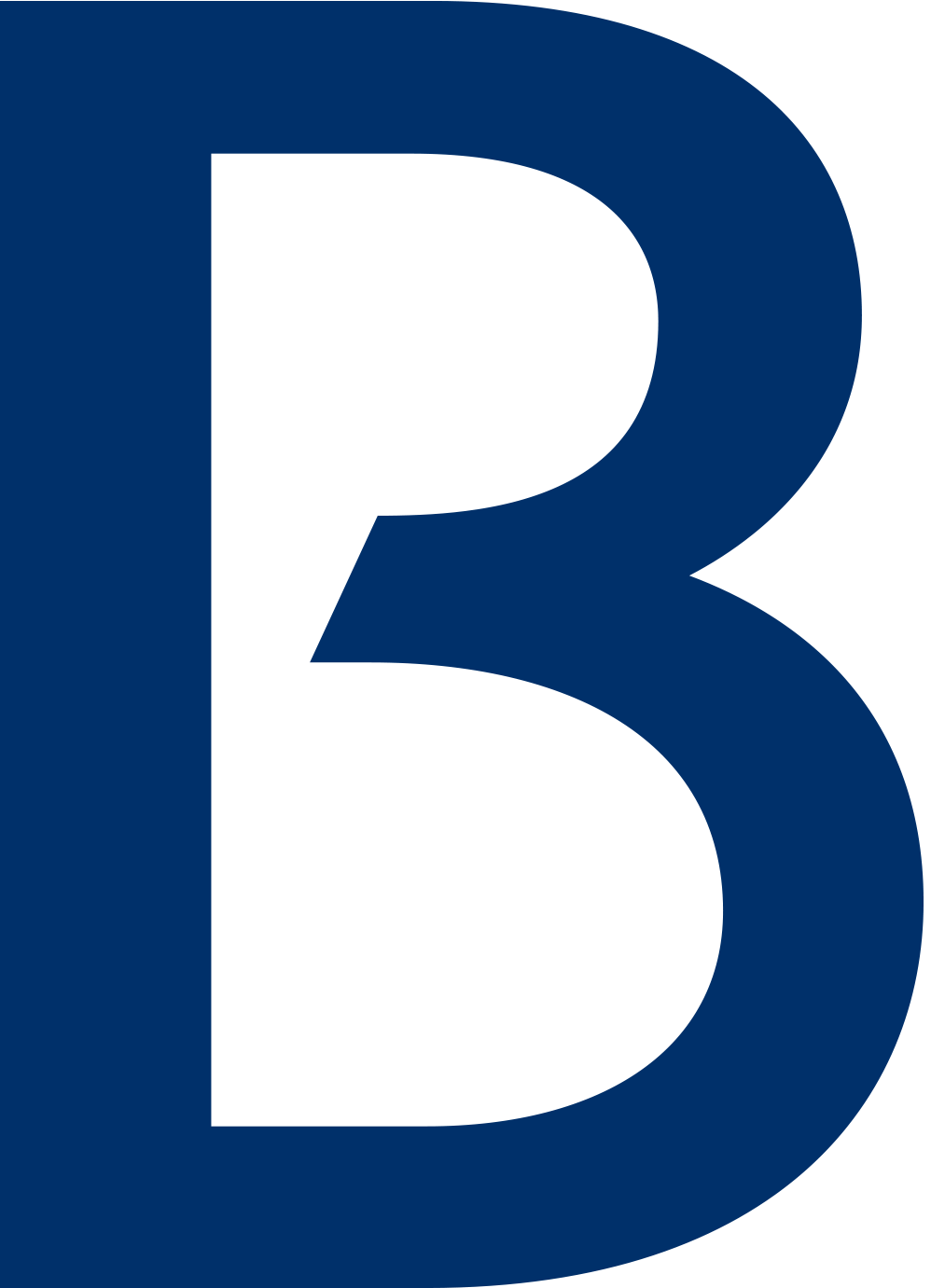Building Alliances
Interview with Thomas Rabe


“We will not be able to win alone.“
Thomas Rabe
Mr. Rabe, “Building Alliances” is the central theme of this Annual Report. More collaboration is one of eight priorities you have set for Bertelsmann. Why is this so important for Bertelsmann?
Because the world at Bertelsmann and around it is
changing fundamentally. Inside the company, the
generation of managers now responsible for the
business believes sharing and teamwork are more
important than ego and elbows. And no matter
what business they work in, they all face the same
big challenges: digitalization and competition with
US tech giants. Specialized skills and size have
become crucial factors. For us and our business,
this means that we will not be able to win alone.
We must overcome internal boundaries and work
together, but also cooperate with external partners.
In this way we gain size, relevance and expertise in
the global competition. And it opens up entirely new
possibilities for us.
What kind of alliances are you thinking of here?
I see great potential for stronger collaboration in
the three areas of content; in ad sales, booking
and technology; and in new technologies and
data. This may constitute partnerships, alliances or
shareholdings – the form a collaboration ultimately
takes will have to be decided on a case-by-case
basis. We want to leverage synergies – while of
course ensuring the corporate responsibility of the
businesses involved.
Are there any promising examples of such alliances already?
Our prime example is the Ad Alliance, founded
in 2017 by Mediengruppe RTL Deutschland and
Gruner + Jahr. For decades, their marketers
competed for the advertising budgets of the same
customers. Today they jointly form Germany’s largest ad marketer, with more and more partners joining,
recently including Springer. In this way, the Ad
Alliance reaches almost every household in
Germany. Further examples are the netID login
alliance, the automated advertising booking
platform d-force that is jointly operated with
ProSiebenSat.1, Bertelsmann Tech & Data and
of course the Bertelsmann Content Alliance. For
Bertelsmann, the Content Alliance is a big step –
and it has already been immensely successful in
its first year.

“We will
consolidate
and expand
existing
alliances.“
What makes the Bertelsmann Content Alliance so important for you?
Prior to its founding in February 2019, Bertelsmann
content companies had tended to cooperate on
an ad-hoc basis. Today, the Bertelsmann Content
Alliance pools collaboration among all the
Group’s German content businesses. Where
appropriate, it jointly develops content, brands and
businesses, and sets its own agenda. It presents
artists and creative professionals with a unique range
in which Bertelsmann invests €2 billion a year –
and that’s in Germany alone. When Mediengruppe
RTL, RTL Radio Deutschland, UFA, Verlagsgruppe
Random House, Gruner + Jahr and BMG join
forces, as in the Bertelsmann Content Alliance, one
thing is clear: this is unique in Germany. We can
already see this in the Alliance’s first successful
projects such as Audio Now and Arctic Drift, whose
stories we tell in this Annual Report.
Why are you calling for more collaboration in the area of data and technology?
Because Bertelsmann wants to become the technologically
leading media, services and education
company. We will use new technologies to further
develop existing businesses and to build new ones.
Bertelsmann must pool all its strengths, expertise
and resources, and has formulated a Tech Agenda
that focuses on three key areas of technology: cloud,
data and artificial intelligence. Our newly founded
Bertelsmann Technology and Data Advisory
Board is in charge of mainstreaming the Tech
Agenda and putting it into action. The Board promotes
transparency, cooperation and exchange, as
well as pooling technological expertise, platforms
and resources across the Group.
In data and technology, specialist skills are a very important factor. How do you plan to ensure they are in place?
For one, we are awarding 50,000 scholarships
as part of the Udacity Technology Scholarship
Program, to enable people to be successful in
the digital world – especially our own employees.
Second, the Bertelsmann digital campaign is
designed to get people to embrace digitalization,
with its exciting changes, great opportunities and
new possibilities. The response to the campaign
and scholarship program has been tremendous.
The digital campaign reached more than 30 million
people in the fall, and more than 45,000 interested
people from 180 countries around the world
applied for the first 15,000 scholarships.
What are your next steps in matters of alliances and partnerships?
We will consolidate and expand existing alliances
by winning new partners, including external ones,
and by increasing the number of projects. The focus
is still on Germany at this point, because all our
divisions are represented there, and can therefore
mutually gain valuable experience. But France, too,
already has two successful alliances in place with
Salto, the planned joint video-on-demand platform
for commercial and public service television
channels, lead-managed by Groupe M6; and the
data and media alliance Gravity. RTL Nederland
is planning to build an integrated advertising
marketing network for the Dutch market, modeled
on Germany’s Ad Alliance. The Dutch Ad Alliance
will sell advertising for RTL Nederland, BrandDeli,
Adfactor and Triade Media, and is open to other
partners. We are also examining the possibility of
setting up content alliances for our core markets of
the United States, the United Kingdom and France.

2019 was an eventful year for Bertelsmann beyond the establishment of alliances and partnerships as well. What were the milestones?
Shortly before the end of the year we agreed
to acquire the remaining shares in Penguin
Random House. As its sole owner, we will expand
the world’s largest book publishing group in the
years ahead, through organic growth and acquisitions.
The book business is part of Bertelsmann’s
identity, and Penguin Random House is ideally
positioned for further growth. The founding of
Majorel was completed right at the beginning of the year, in January 2019, when we created a global
CRM company with our partner Saham. Another
key moment of the year was the unveiling of the
new Bertelsmann Essentials: “Creativity and Entrepreneurship.“
They are the foundation and drivers
of our success. They epitomize our aspiration to
be the home for creative minds, and the company
for entrepreneurs. The 2019 Employee Survey with
its strong results once again confirmed just how
greatly these Essentials are already put into action
at Bertelsmann.
From Ortler to Große Zinne, you’ve personally scaled some challenging peaks in your second home of South Tyrol. Has Bertelsmann also reached a peak with the record results achieved in 2019?
Our strategy has taken us to impressive new
heights, as evidenced by the results for the 2019
financial year presented in this Annual Report.
We are proud of that. But we can climb higher; we
take a long-term view, and will continue to work
on the company’s sustainable success in the next
few years. We’re not there yet; it’s still a marathon.
I have always compared Bertelsmann’s path to
this – and as an avid runner I know what I’m talking
about. That metaphor is more apt in other ways
as well, because a peak would be followed by a
descent. And there is definitely none in sight for
Bertelsmann.
“We need to work together across
in-house boundaries, as well as
cooperate with external partners.
We must be open to collaboration
and partnership wherever it makes
sense. Good precedents exist in
the areas of content, advertising,
data, technology and management
resources.“
Thomas Rabe, at the Management Meeting 2019








